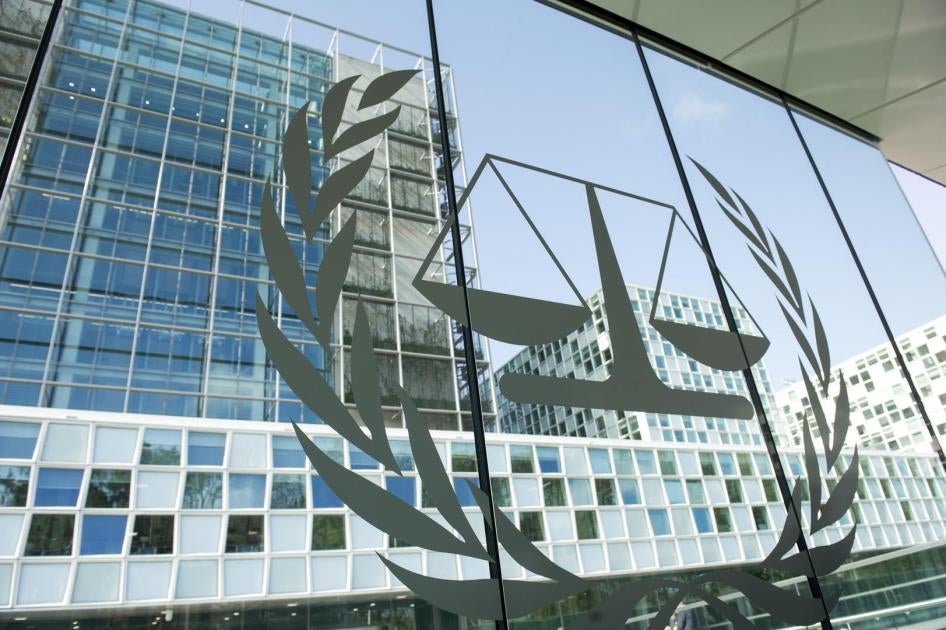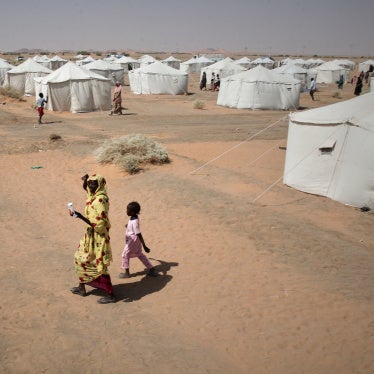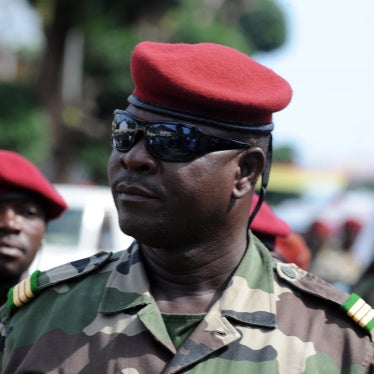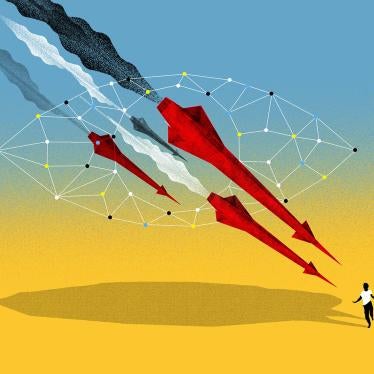Gambia’s announcement this week that it would rejoin the International Criminal Court sends a strong message of support for the court and victims of grave international crimes. Along with Burundi – and its soaring human rights violations in the past year – South Africa is now the outlier on ICC exit.
Gambia’s decision to rejoin the ICC reflects shifting priorities under newly elected President Adama Barrow, who will be inaugurated tomorrow. The departure of his predecessor, Yahya Jammeh, who left for exile on January 21 after initially refusing to accept his December election defeat, ended two decades of repressive rule.
Gambia’s decision – along with numerous expressions of support from African ICC members since South Africa first announced its withdrawal in October – belie rhetoric that Africa is headed for a mass departure from the ICC.
Botswana, Burkina Faso, Côte d’Ivoire, Democratic Republic of Congo, Ghana, Lesotho, Mali, Malawi, Nigeria, Senegal, Sierra Leone, Tanzania, Tunisia, and Zambia are among those that have reaffirmed their support for the ICC. A number of these countries, joined by Liberia and Cape Verde, also pushed back against adoption of a so-called “ICC withdrawal strategy” at the African Union summit in January.
Gambia’s decision reflects the new government’s recognition of the important role that the court plays. The ICC is the only permanent court that has the potential to offer redress to victims of the worst crimes when national courts are unable or unwilling to prosecute.
Despite persistent claims by some African leaders that the ICC targets Africa, most ICC investigations in the continent have been opened as a result of requests from African governments themselves, or the United Nations Security Council, and offer redress for African victims.
The ICC faces steep challenges, particularly expanding its reach to crimes committed in a number of the most powerful countries. But the court still represents a rare hope for victims around the world at a time when horrific crimes continue to be perpetrated with impunity in many countries.
After years of playing a leading role on the court, South Africa opted to curtail access to the ICC for victims, instead of working to expand the ICC’s reach. This is real loss – as the Nigerian foreign minister said around the AU summit, the ICC has “an important role to play in holding leaders accountable.”










